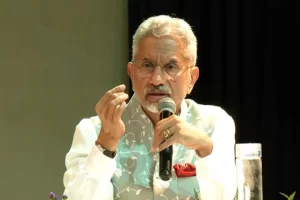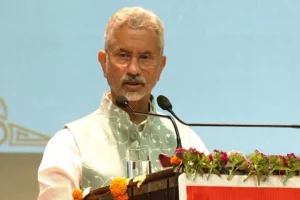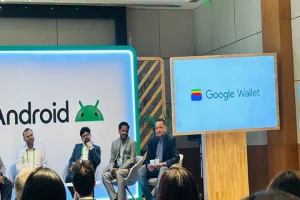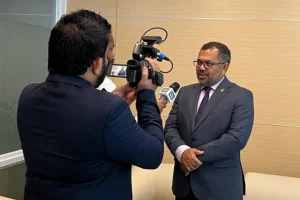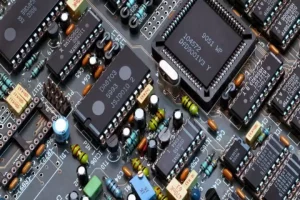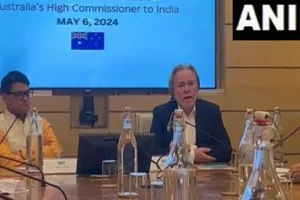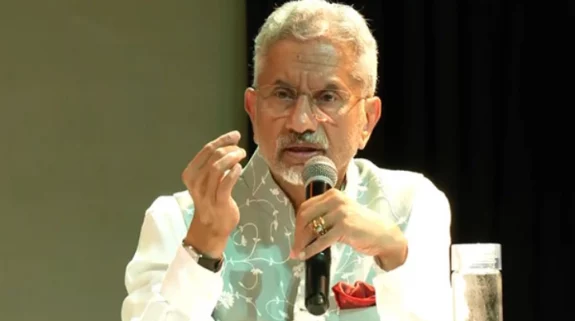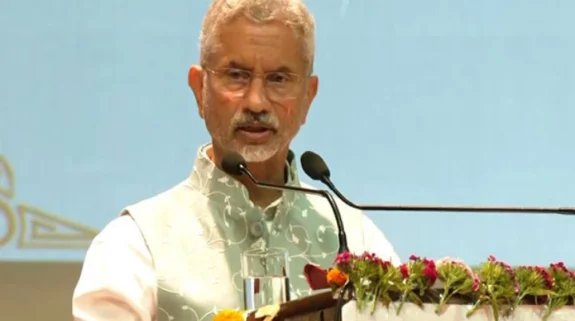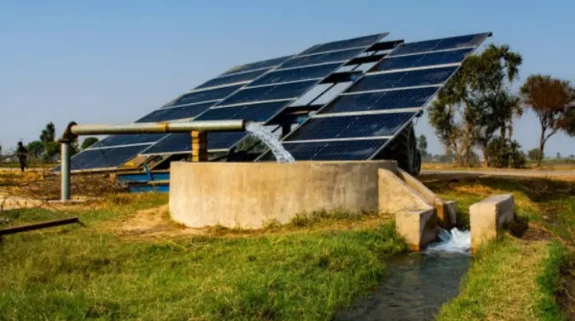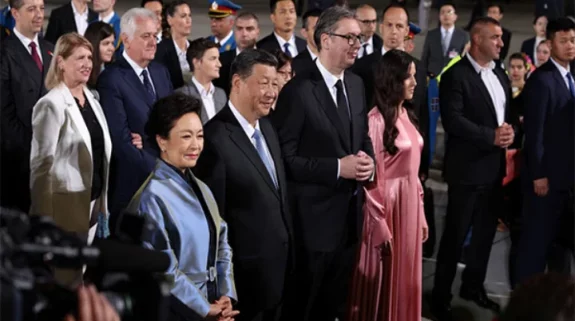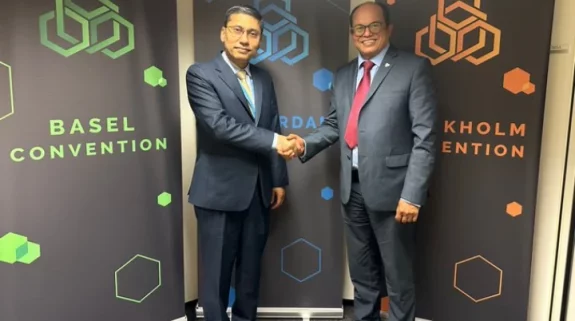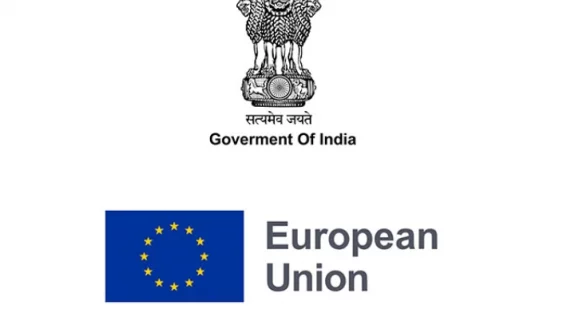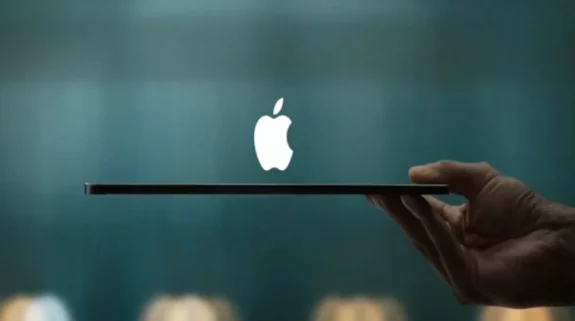Prime Minister Narendra Modi, while launching a major health insurance scheme for the entire population in Jammu and Kashmir, on Saturday asserted that the grass-root democracy would be strengthened further in the union territory which had just completed its maiden elections for the District Development Councils (DDCs).
Modi stressed that both the events – successful DDC elections and health cover for all – were inspired by former Prime Minister Atal Behari Vajpayee's special bond with Kashmir. He spotlighted that
Vajpayee’s mantra of “Jamhooriyat, Insaniyat aur Kashmiriyat”, was the template for the advancement of Kashmir. He said he was keen to launch the health scheme on Vajpayee’s birth anniversary on December 25 but due to his preoccupation with several commitments he couldn’t do it on Friday.
Taking a dig at the opposition in his first speech about Jammu and Kashmir after the recent DDC elections, Modi pointed out that the Panchayat and the Urban Local Bodies (ULB) elections had been inordinately delayed in some States and the UT of Puducherry.
Senior Congress leader Rahul Gandhi had lately attacked Modi and his government, alleging that there was “no democracy” in India. He had said that those standing up against Modi were being labelled as terrorists.
“We have conducted the most transparent and free and fair DDC elections in J&K—the first after August 2019—in Jammu and Kashmir. The entire UT has witnessed a high voter turnout in the most peaceful elections. But some people sitting in Delhi keep assailing Modi round-the-clock. They are sermonising us on (restoration of) democracy inspite of the fact they themselves delayed the Panchayat elections for years in Puducherry”, Modi asserted after floating the health insurance scheme to cover 1.5 lakh J&K families, through a video conference.
“The grass-root level elections were held in Puducherry in 2006. That term expired in 2011. Thereafter, elections were never held. Even the Supreme Court of India ordered holding of the Assembly elections there in 2018. Still, these were never held. It indicates how serious they themselves are in holding such elections”, Modi asserted while nailing the opposition. He said that his government was committed to further strengthening the grass-root level democracy in J&K.
"I would like to congratulate the people of Jammu and Kashmir for strengthening democracy. I watched how enthusiastically the young, the old and the women were there in long queues for hours despite the Covid pandemic and a chilling winter to exercise their right at the polling stations in Kashmir in the DDC elections”, Modi asserted. He said that the whole world had duly appreciated these elections, the first after August 2019, but some of his detractors in Delhi were unrelenting in their criticism of his government.
“We are going to engage more and more people with democracy and development at the grass-roots in Jammu and Kashmir. We are granting the poor villagers unprecedented empowerment. In the next three years, drinking water by pipes and electricity would be reaching each and every household. We are laying a massive network of roads. The local self-governance would go a long way to boost development and economy in the UT”, Modi said. He asserted that during the pandemic period this year, his government had provided 1.8 million LPG refills to the consumers in J&K. Besides, 1 million toilets had been constructed.
As regards the health insurance scheme, Modi explained that the government would provide Golden Cards to members of each and every family in J&K which would ensure cashless treatment to patients up to the expenditure of Rs 5 lakh at any of the country’s 24,000 private and golden hospitals without hassles. While the Centrally-sponsored Ayushman Bharat health insurance scheme was already available to 6 lakh residents of J&K living below poverty level, the Prime Minister has now extended it to an additional 15 lakh families. With this, cashless treatment would be available to the entire population of J&K without consideration of socio-economic indicators of the beneficiary households.
Jammu and Kashmir has become the first, among all States and UTs across India, to get health insurance cover during the hospitalisation of any resident patient on a floater basis up to an amount of Rs 5 lakh a family. Modi said that 1.50 crore Indians had availed of Ayushman Bharat scheme in the last two years as it was already available for 60 crore people of the economically weaker sections. The new scheme has been named as Ayushman Bharat Pradhan Mantri Jan Arogya SEHAT.
After interacting with two beneficiaries of the health insurance scheme—Ramesh Kumar of Jammu, a driver and a cancer patient at Government Medical College Jammu, and Ghulam Mohammad Shah of Srinagar, whose heart has got three stents at SKIMS Soura—Modi asked all J&K residents to collect the Golden Cards from the local hospitals and get themselves registered under the scheme. At the inaugural ceremony, five residents of Srinagar and Jammu were given Golden Cards at Sher-e-Kashmir International Conference Centre Srinagar and Convention Centre Jammu.
Union Home Minister Amit Shah earlier said that the 24,000 hospitals accredited with the J&K government under the new scheme included 229 government-owned and 35 private hospitals in J&K..






